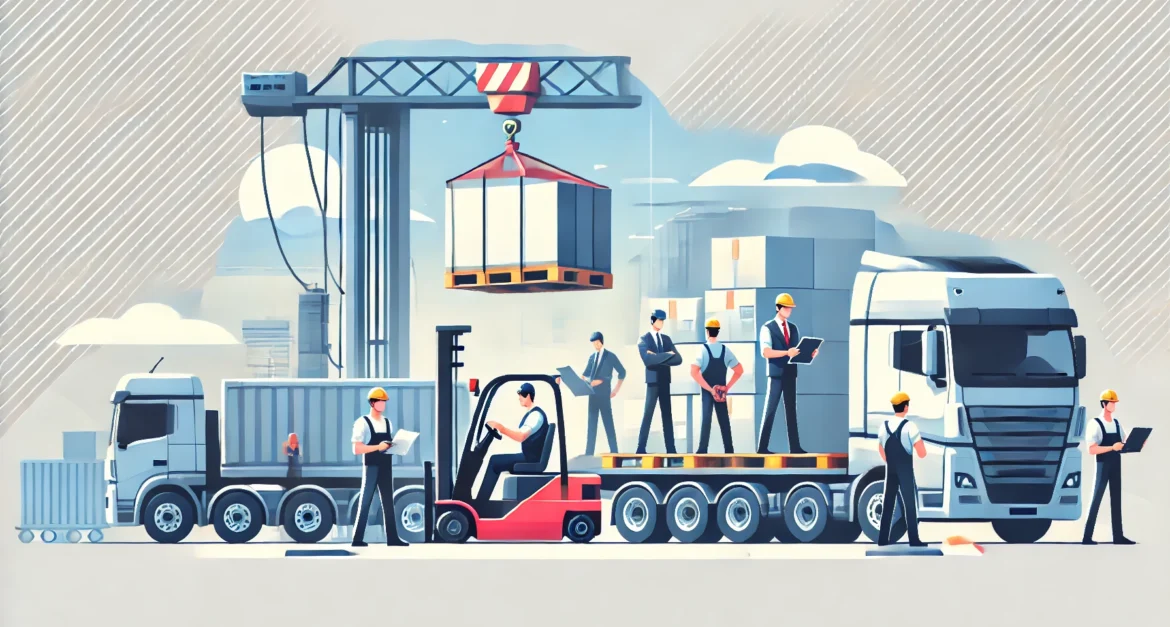
Choosing the Right Heavy Equipment Transport Companies
Transporting heavy equipment requires careful planning and the right expertise. Picking the right transport company can make a huge difference in ensuring your valuable machinery gets to its destination safely and on time. This guide will walk you through the key factors to consider when selecting a heavy equipment transport company so you can make the best choice for your needs.
What Is Heavy Equipment Transport?
Heavy equipment transport involves moving large or oversized machinery, like construction vehicles, industrial components, or farm equipment. Because these shipments are often complex, it’s essential to choose a company that has the right experience, equipment, and safety measures in place.
Assessing Your Transport Needs
Understanding Your Equipment
- Dimensions and Weight: Make sure you know the exact size and weight of your machinery. This helps ensure the transport company has the right tools to handle it.
- Special Requirements: Does your equipment need special handling, like protection from weather or specific loading needs? Be clear on any extra requirements before contacting companies.
Project Requirements
- Distance and Route: Consider how far your equipment needs to travel and whether there are any tricky routes. Some companies may specialize in certain areas or types of terrain.
- Timeline: Set your delivery deadlines and make sure the company can meet them without delays.
Evaluating Transport Companies
Experience and Reputation
- Industry Experience: Look for companies with proven experience in transporting heavy machinery similar to yours.
- Customer Reviews: Read reviews or ask for testimonials from previous customers. This will give you an idea of their reliability and service quality.
Licensing and Certification
- Proper Licensing: Ensure the company has all the necessary licenses to legally operate heavy transport vehicles.
- Safety Certifications: Check if they follow industry-standard safety protocols and have the proper certifications.
Safety and Insurance
Safety Records
- Accident History: Research the company’s track record when it comes to accidents or safety issues.
- Safety Protocols: Ask about their safety measures during transport. They should have protocols in place to secure your equipment and protect it from damage.
Insurance Coverage
- Insurance Policies: Confirm that the company offers comprehensive insurance that covers any potential damage or loss during transport.
- Claims Process: Make sure the process for filing claims is straightforward, just in case something goes wrong.
Cost Considerations
Cost Structure
- Transparent Pricing: Choose a company that offers clear pricing with no hidden fees. Knowing the full cost upfront helps avoid surprises.
- Value for Money: Compare quotes from different companies to ensure you’re getting the best value for the services provided, but remember—cheaper isn’t always better.
Additional Services
- Extra Offerings: Some companies offer additional services like storage, loading/unloading, or route planning. Depending on your needs, these can add value and convenience.
Making the Decision
Comparing Quotes
- Gather Quotes: Get quotes from several companies so you can compare costs and services.
- Negotiate Terms: Don’t hesitate to negotiate pricing or terms to better suit your project’s needs and budget.
Long-Term Partnerships
- Building Relationships: If you frequently need heavy equipment transport, consider building a long-term relationship with a company that consistently meets your needs.
Conclusion
Selecting the right heavy equipment transport company is a key factor in ensuring your project’s success. By evaluating companies based on their experience, safety standards, cost, and extra services, you can make an informed decision. Remember, the cheapest option may not always be the best when transporting valuable machinery—focus on reliability, safety, and expertise for the best results.




